Angelina Jolie has been the face of Guerlain for years, but it was only this year that she became involved in one of Guerlain’s coolest side-projects, Women for Bees. It’s a project based in France where Guerlain is funding beekeeping lessons for women. Women get to “graduate” from beekeeping school, and this year, Angelina passed out the diplomas. She wore a beekeeper’s ensemble for the ceremony and apparently Vogue was on hand to document it all. They also scored an interview with Jolie in which she’s promoting her latest cause: protect the bees, help the bees thrive.
Angelina Jolie, 46, discussed the significance of bees as the insect population dwindles in a video interview with Vogue, published Tuesday. The Eternals star was named the godmother of UNESCO and Guerlain’s Women for Bees program in March, and recently met with members of the program’s first class at l’Observatoire Français d’Apidologie (OFA) in Provence, France for their graduation.
“I thought I knew something about bees and beekeeping and training, and I thought I understood the importance,” Jolie began. “But really, when you really dig into it and you really start to learn about what, for example, what we would lose, 30% of the honey bees disappearing. Had we not had the beekeepers and the work of places like OFA, we would lose them. What happens when we lose them? What happens when we lose them all?”
Opening up about the buzzy cause, Jolie said she was drawn to the initiative because the pollinators affect us all. “I wasn’t a young environmentalist, right? I’m more a humanist. I’ve been very active in displacement in the, the politics of, you know fighting against persecution. But it always leads back to environment. Even displaced people are often displaced because of the damage to the environment.”
After spending time with the Women for Bees class members at the hive and learning, Jolie said she was inspired – and hopes others will be to –to do more to protect and preserve the bee population, which is responsible for a third of the global food supply.
“There are ways that individuals could keep some bees or at least have some flowers or dedicate some part of their life or time to the awareness and the, and the encouragement of these kind of programs,” she said. “Today, here, you felt a family. I would like to think that programs like this will be happening all over the world. So maybe this is the bees. Maybe there’s the tree planting. I hope there are many, and I hope they overlap. And I hope it’s just the new way we live.”
I’m just happy that Angelina used “humanist” correctly. Remember when there was this weird celebrity trend where they would say sh-t like “I’m not a feminist, I’m a humanist”? Jolie has always been more focused on humans and the human condition, and she’s never really made any environmental or animal rights cause her own before now. But I love that she’s getting involved with bees, and this is a perfect fit for her. In the VENN diagram of her interests, it’s about empowering women, the connection between bees and humans, UNESCO and her own sponsor, Guerlain.
Here’s the Vogue video:
Photos courtesy of Vogue.

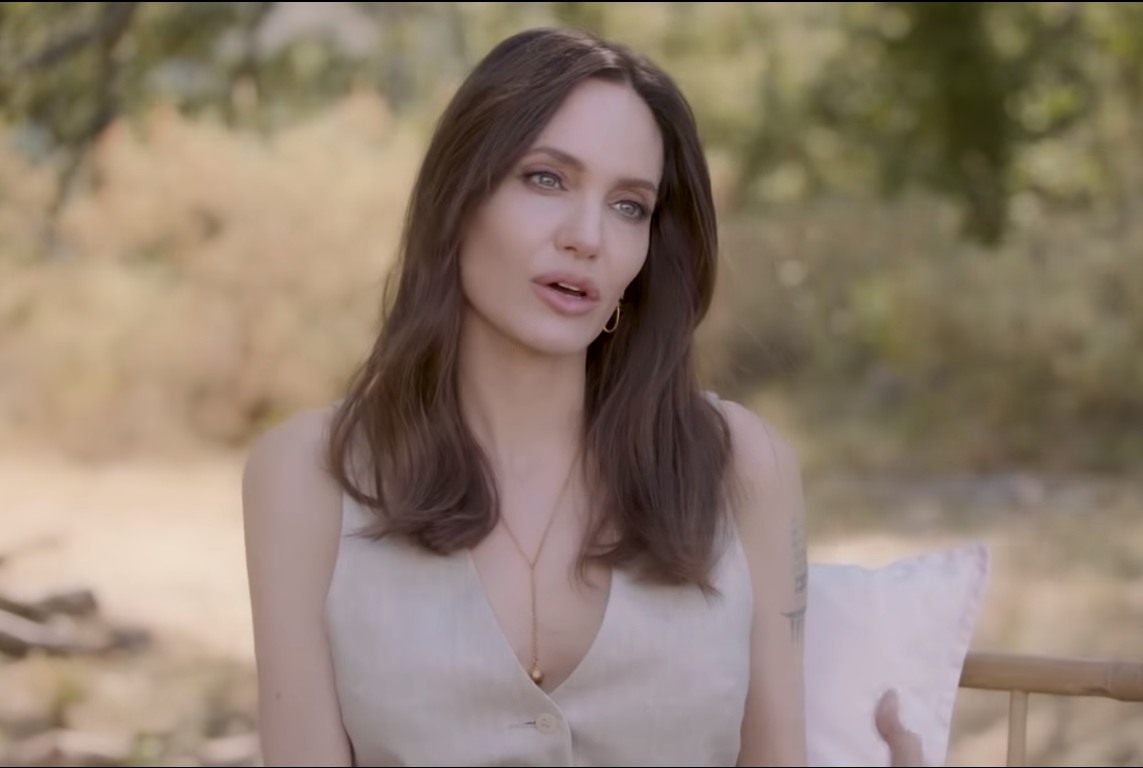
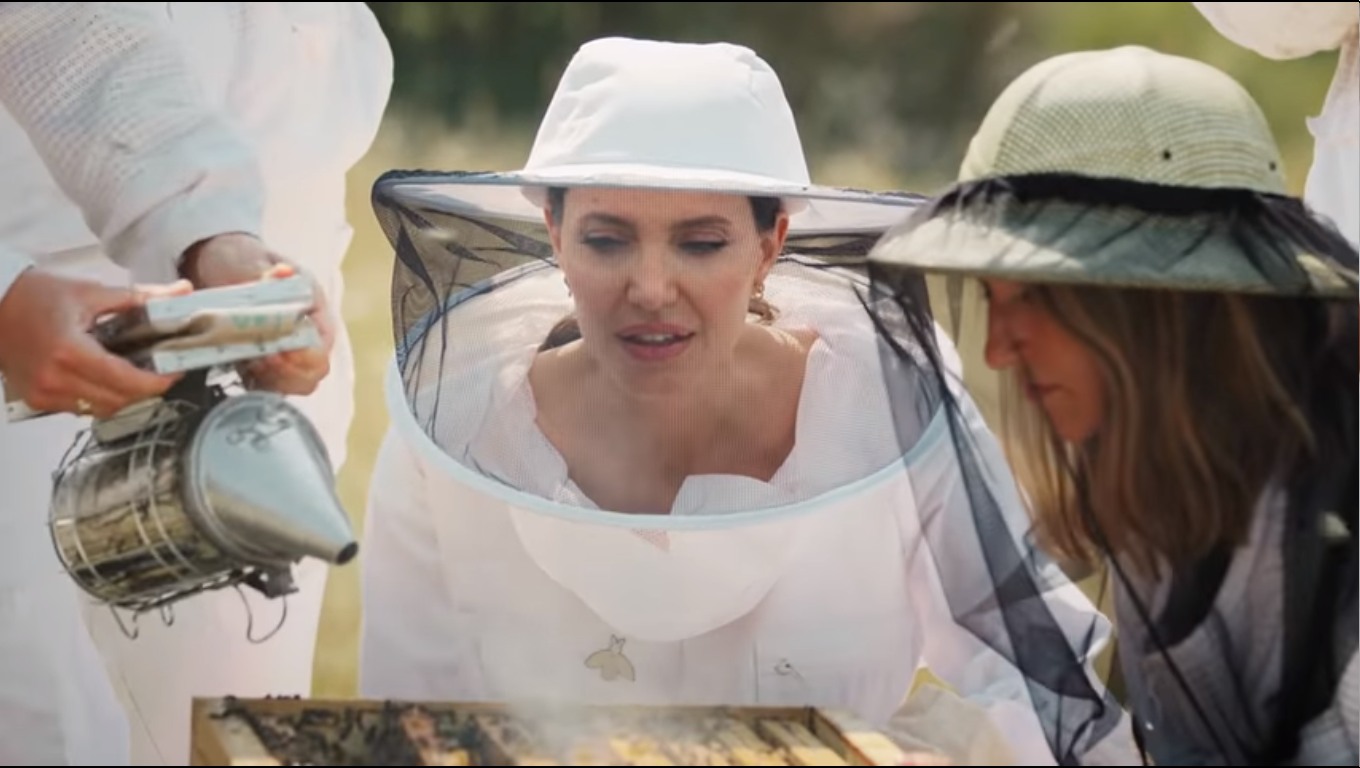


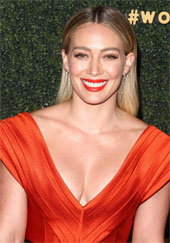
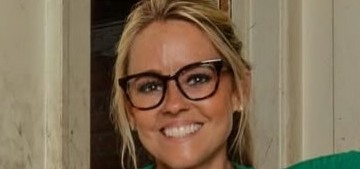
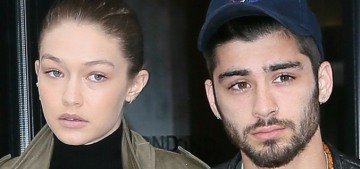
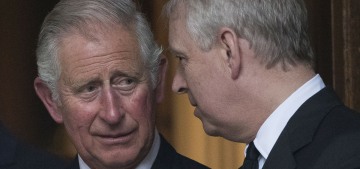
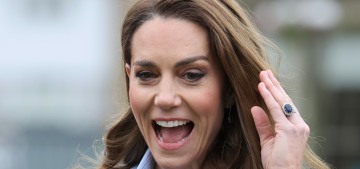





Goddess!
Always impressed by the causes she chooses to spotlight.
I would take this class in a heart’bee’t 🐝
I would love a class on how to have a small bee hive at home – if that is even possible. Here in the eastern part of Canada, there is a new trend of not mowing your lawn in may, so we can give a chance to the bees to get to the 1st flowers of the year and lessen their struggle.
She is looking younger and carefree.
If you’re lucky enough to have a garden, an allotment or a balcony, plant a few bee-friendly flowers! It does make a difference. And of course, looks lovely 🙂
I did a raised bed in my backyard, and everything I planted is always covered with bees and butterflies! It’s wonderful to see them there.
It’s a good reminder to plant pollinating flowers if you have a space to do so. We just tried to plant milkweed, but it died. Ugh. Have to try harder.
Milkweed doesn’t actually attract pollinators, I learned this year, just monarch butterflies. So it’s okay! If you google “native plants” and your area you will find a lot of plants that will work well with your space and also help the bees and other insects.
Yes, we need to do more to support bees, but NOT honey bees! They are not at risk and never have been. There are 20,000 species of bee on this planet. Honey bees are the cows or chickens of the bee world and as such are as likely to go extinct as any of our major livestock species. There are hundreds, and possible thousands, of species of bee that truly do need our help. Especially here in North America, where honey bees are not even a native species and contribute to the decline of our native species by out-competing them for food and spreading disease to them. Sorry but I have worked with native bees for 9 years now and we really need folks to start learning about local bee diversity.
You can help by planting native plants, because native bees have evolved closely with our native plants and many species are reliant on them due to timing of flowering and foral morphology. Leave parts of your yard “wild” by not cutting back dead plants in the fall. There are many species that will nest in the dead, hollow stems on plants. Also, by leaving parts of your yard wild and untilled/unmanaged, you are leaving space for ground nesting solitary bees and bumble bees. “Bee condos” for cavity nesters such as mason bees and leaf cutters bees are also helpful. When it is hot in the summer, you can leave a shallow dish full of marbles or rocks and then with water filled to the level of the rocks so that insects can drink water without falling in and drowning. Avoid the use of insecticides and fungicides whenever possible.
End bee rant.
Co-sign everything you say. A friend of mine, an archaeologist, somehow managed to make bees her specialty. She’s working on making her PhD thesis a book which examines some of the points you make about the honey bee.
Haapa, good to know my neglect of my property beyond our lawn is good for the bees!
Thank you, Haapa. I had no idea about the honey bees and will spread the word.
She really is an interesting and unique person who uses her influence in powerful and important ways.
[*Frivolous, she is not.*]